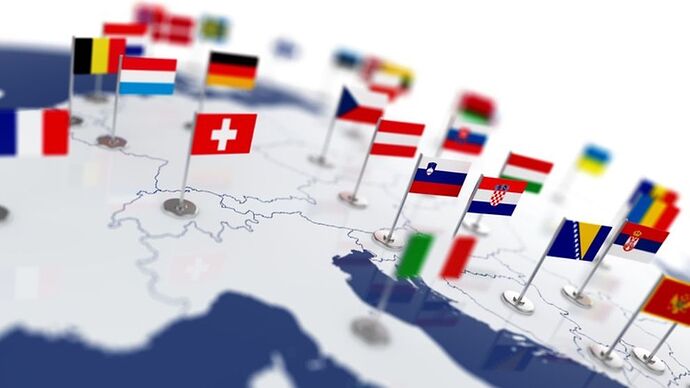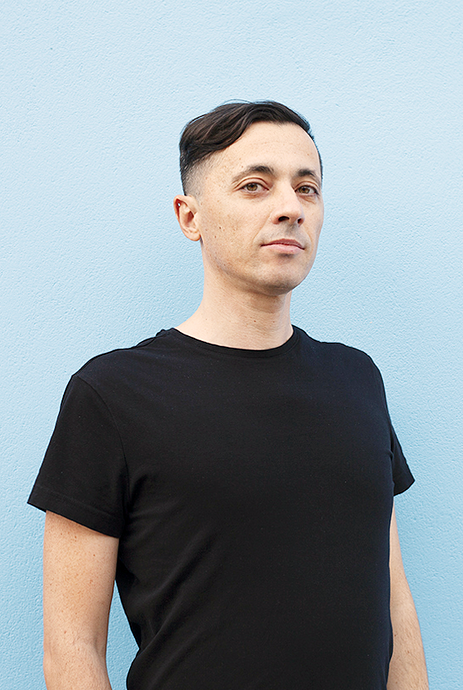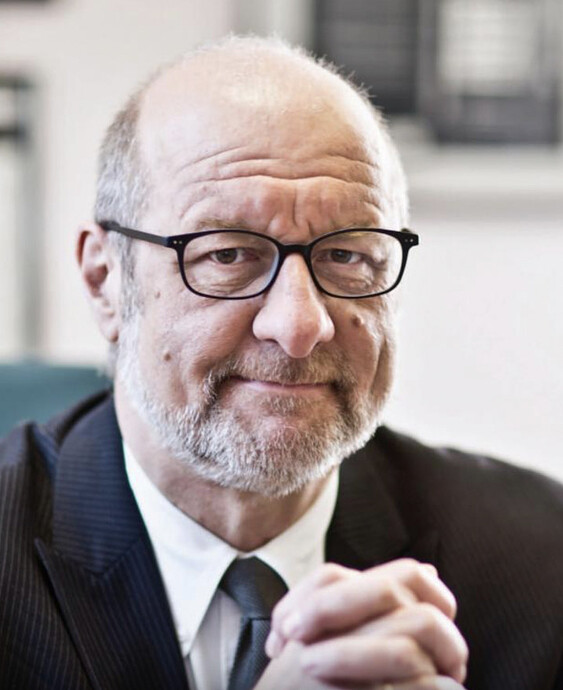Introduction
On September 29 we will open the doors to a 2-day conference on Attacks on Freedom in Europe and what we can do about it. The event is organised by Edgeryders in partnership with UCL, Tartu University (Estonia), Jagiellonian University (Poland), Charles University ( Czech Republic), and Corvinus University of Budapest (Hungary). The event is the final conference of PopRebel, a European research project on neo-feudalism and neo-traditionalism.
This project has received funding from the European Union’s Horizon 2020 research and innovation programme under grant agreement No 822682.
The Theme
This event aims at taking stock of the recent rise of populism – in its various forms – in Central and Eastern Europe (CEE), including the Western Balkans. Its trajectory is not just interesting in and of itself: it is also the harbinger of a possible future for the whole continent.
The present wave of populist mobilizations in Europe is more politically consequential than any of the previous waves and it has already produced an extraordinary reconfiguration of the political map of Europe. Populist parties have become significant political players in several countries, including Italy, Holland, Austria, France, UK, and Germany, and their number has almost doubled since 2000 (from 33 to 63).
Through a series of panels that explore the rise of populism through the lens of culture, politics, economics and ethnography our focus is to create a typology of its various manifestations, reconstruct trajectories of its growth and decline, investigate its causes, interpret its meanings, diagnose its consequences, and propose solutions.
The Format
A series of panels in form of the Zoom sessions
Each panel consists of 3-4 speakers, at least one of them is non-academic
Sessions run for a maximum of 90 minutes, with 15 minutes breaks
Panels
Opening Keynote #1
An Artist’s Point Of View With Paolo Cirio
Conceptual artist, hacktivist and cultural critic, Paolo Cirio engages with the legal, economic, and cultural systems of the information society. In our opening keynote he investigates social fields impacted by the Internet, such as privacy, democracy, semiology, finance through photos, installations, videos, and public art.
Closing Keynote #2
The Great Pushback With Jan Kubik
Do inequality, perceptions and economic insecurity usher in political populism? According to Karl Polanyi, in marketization, economic activities are not controlled by society, which leads to the establishment of fictitious commodities, such as money, land and labour.
Opening Panel
Civil society actors are ideologically diverse, ranging from authoritarian to libertarian. Their take on the issues of security and defence will vary dramatically. Some “territorial defence” groups in Europe are like supremacist militias in the US. Very ideological. On the other hand we have groups that are genuinely interested in the security their societies, families, neighbourhoods, etc. In this panel we bring together leaders from civil society and defence experts for sense-making around preparedness, response and recovery from armed conflict.
Panel #2
In Pursuit Of Agency - How To Achieve Social Change Through Populist Movements
Agency is the ability to act to produce change in the direction you want, and be accepted by others. Populist movements claim to offer frustrated citizens agency to change the status quo. But what kind of agency do people in central and eastern Europe actually want, and how do different populist movements respond to this? In this panel we will be exploring the link between populism and geopolitics, nationalism in politics and governance, agency in the digital age as well as in the economy
Panel #3
Populism in Europe - Economic policies. Voter behaviour. Social reactions.
Neofeudalism: the invisible yoke on the economic freedom
Panel #4
How to build an anti-authoritarian culture?
Resistance through art.
Panel #5
How to push back against attacks on women’s and LGBTQ rights?
Society : personal freedoms
LGBTQI+ problematics within a dominant populist scenario
Panel #6
Freedom writ large: A European guide to futures we want
Foresight scenarios and interactive session
The Keynotes
An artist’s point of view with Paolo Cirio
Thursday September 29th, 11:30 CET
Conceptual artist, hacktivist and cultural critic, Paolo Cirio engages with the legal, economic, and cultural systems of the information society. In our opening keynote he investigates social fields impacted by the Internet, such as privacy, democracy, semiology, finance through photos, installations, videos, and public art. Paolo Cirio is known for having exposed over 200,000 Cayman Islands offshore firms with the work "Loophole for All" in 2013; the hacking of Facebook through publishing 1 million users on a dating website with "Face to Facebook" in 2011; the theft of 60,000 financial news articles with "Daily Paywall" in 2014 and of e-books from [Amazon.com](http://amazon.com/) with "Amazon Noir" in 2006; defrauding Google with *GWEI* in 2005; and the obfuscation of 15 million U.S. criminal records with "Obscurity" in 2016; exposing over 20,000 patents of technology enabling social manipulation in 2018 with "Sociality" . Recently, in 2020, he pirated over 100,000 Sotheby’s auction records in "Derivatives" and he attempted to profile 4000 French police officers with facial recognition in "Capture" . His early works include his cyber attacks against NATO and reporting on its military operations since 2001.
The Great Pushback with Jan Kubik
Friday September 30th, 18:00 CET
Do inequality, perceptions and economic insecurity usher in political populism? According to Karl Polanyi, in marketization, economic activities are not controlled by society, which leads to the establishment of fictitious commodities, such as money, land and labour. In our closing keynote Jan Kubik (Professor of Slavonic and East European Studies at UCL, Professor of Political Science at Rutgers University) explores these fundamental shifts to illustrate the great emergence of populist parties in Central and Eastern Europe.
Register
The event is free to attend provide you RSVP. To do that, please use the form below. You can find more info about the different panels on the main conference page.
This project has received funding from the European Union’s Horizon 2020 research and innovation programme under grant agreement No 822682.












